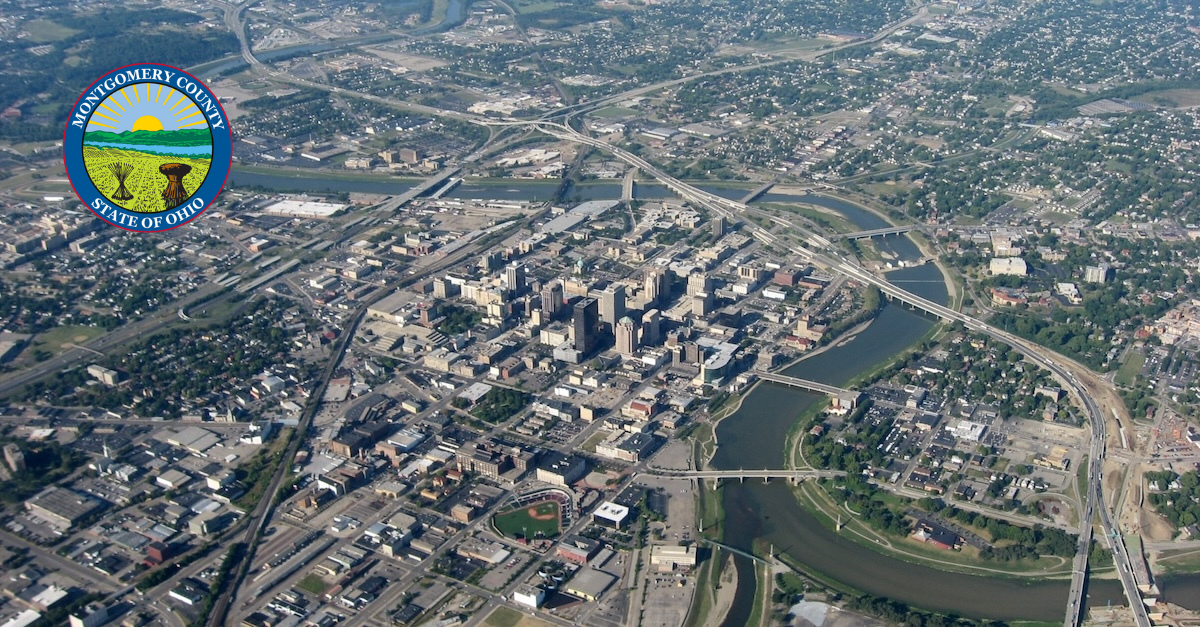Montgomery County, OH Embraces Digital Transformation with e-PlanSoft™
When Montgomery County, Ohio, decided to modernize its plan review process, it wasn’t just about moving away from paper - it was about transforming...

Explore our 2024 comparative review, your ultimate guide through the top-tier plan review solutions.
2 min read
 e-PlanSoft™ Team
Aug 28, 2023 12:50:22 PM
e-PlanSoft™ Team
Aug 28, 2023 12:50:22 PM

Cities face keeping up with the pace of change and the resident demands. Municipalities have long received criticism for needing to be more efficient and effective in what they're trying to accomplish. Those criticisms aren't always fair, but they tend to linger.
However, technology is starting to bridge the gap between the complaints and the reality. For governments plugged into emerging trends, the future (and present) is increasingly the norm.
The following article covers the five most common complaints about city government and what can or could be done.

It's no secret that one of the biggest drivers of homelessness in the United States is a lack of affordable housing. The increasing income inequality gap means the private industry invests more in homes geared toward upper-income residents.
That shifts the burden of affordable housing to municipalities, which often need to be equipped to address the issue. Beyond the issue of affordability, these municipalities also have the obligation of producing safe locations for their residents to call home. That requires extra attention and resources.
Addressing the housing dilemma requires careful planning and execution. Still, getting everyone on the same page can be difficult, especially when you don't have the technological tools in place—more on that in the next section.
For many municipalities, systems between departments do not integrate, and it is perceived that the "right-hand doesn't know what the left hand is doing" type of situation.
Additionally, IT departments can create training issues for cities with systems in place, creating another dilemma where cities fail to maximize the efficiency of the technology infrastructure that's in place.
Providing access to programs that communicate across devices and operating systems is essential for managing the data and info necessary for making quality decisions and building the infrastructure that offers a better life.
Large municipalities can take a lot of work to keep budgets on track. Think about a city of 100,000 with approximately 25 departments, including police, fire, streets, utilities, water/sanitation, parks, and finance.
The financial capabilities of these departments are:
After each department submits its budget drafts, leadership must reconcile and approve that information. In other words, one budget brings with it many stakeholders. Establish a tracking system that ensures all departments are on the same page, and it becomes easier to keep your priorities and goals in sight.
One of the most essential functions of the municipality is keeping the public safe. They do this through a variety of methods.
It takes a lot of skill to keep these plates spinning. Without a proper tracking and response system, it's easy to experience issues.
Cities that need better planning, financial irresponsibility, technological shortfalls, and public safety concerns need help to sustain their growth. They cannot attract new or robust industries to boost the tax base.
That makes it very hard to compete in economic development against other cities and regions with a handle on things. Tracking projects across platforms enables everyone to have a share in the present and future successes of the area, and it can stimulate gains in economic development.
The best way for cities to stay ahead of complaints is to invest in technologies that simplify and integrate across platforms. We built e-PlanREVIEW® on this premise, and it has helped address several budgeting, infrastructure, and resource-planning needs that are common for municipalities. Contact us today to request a free trial or demonstration.

When Montgomery County, Ohio, decided to modernize its plan review process, it wasn’t just about moving away from paper - it was about transforming...

In 2023, the City of Tarpon Springs, Florida, made a significant leap forward in its development operations by fully transitioning from a cumbersome...

The permitting process has long been a source of frustration for developers, architects, engineers, and municipalities alike. Delays, incomplete...

Contractors looking to construct something new are constantly approaching internal government departments. You are undoubtedly well-versed in the...

Are you curious as to how software solutions like ePlanSoft™ can streamline the approval process? Well, as government planners, you play a pivotal...

In the ever-evolving landscape of construction and design, digital plan review has quickly emerged as an indispensable tool. It enhances efficiency,...